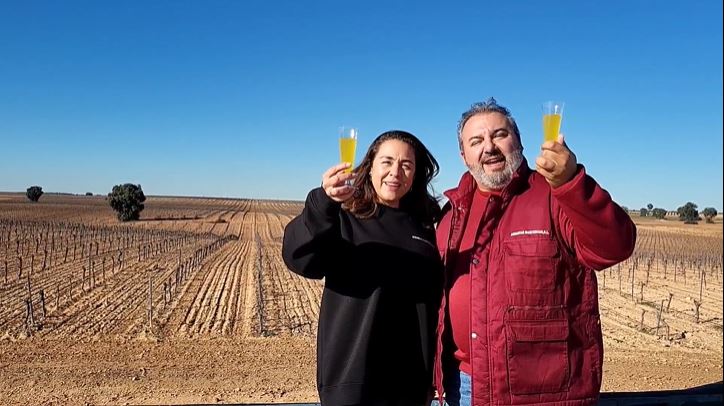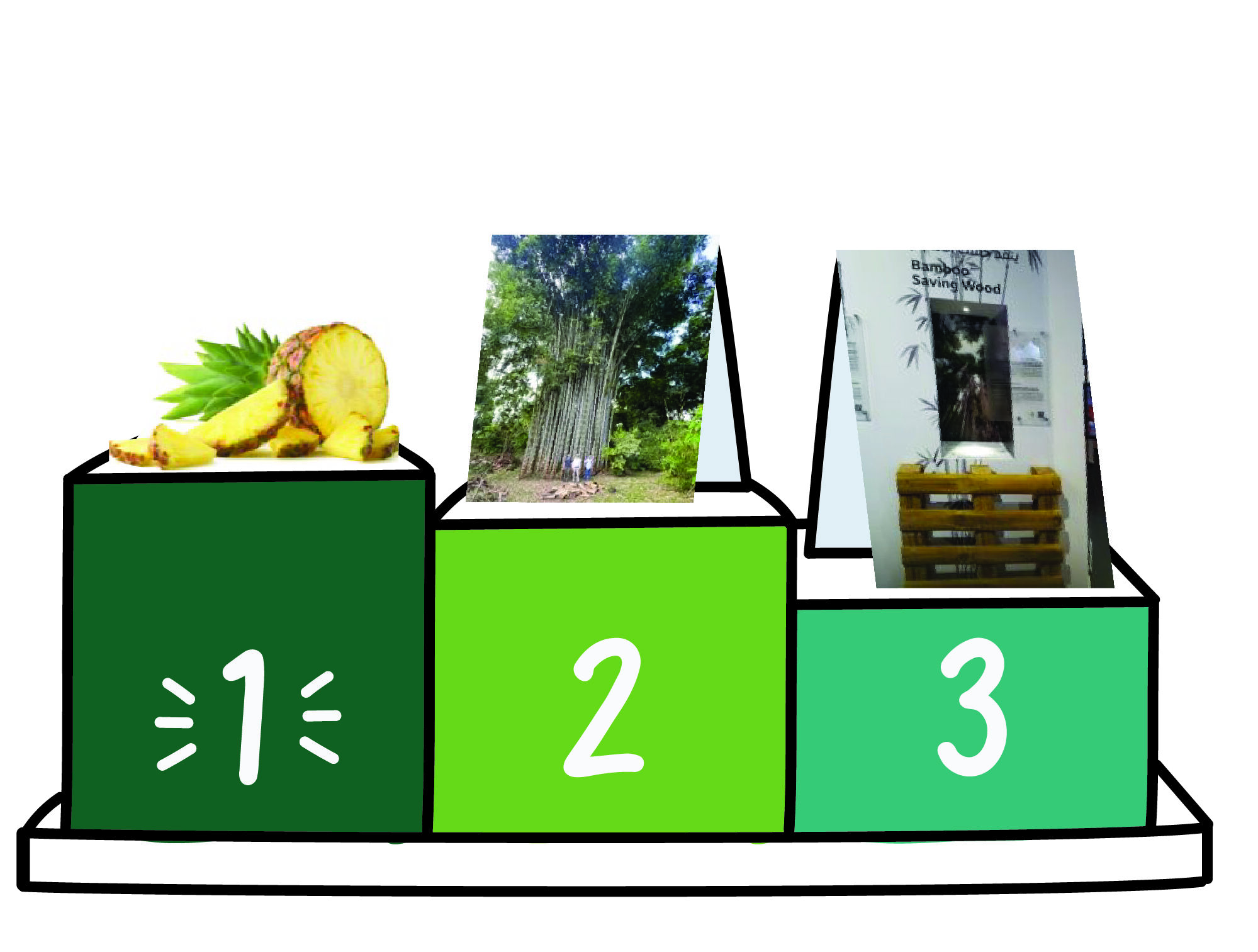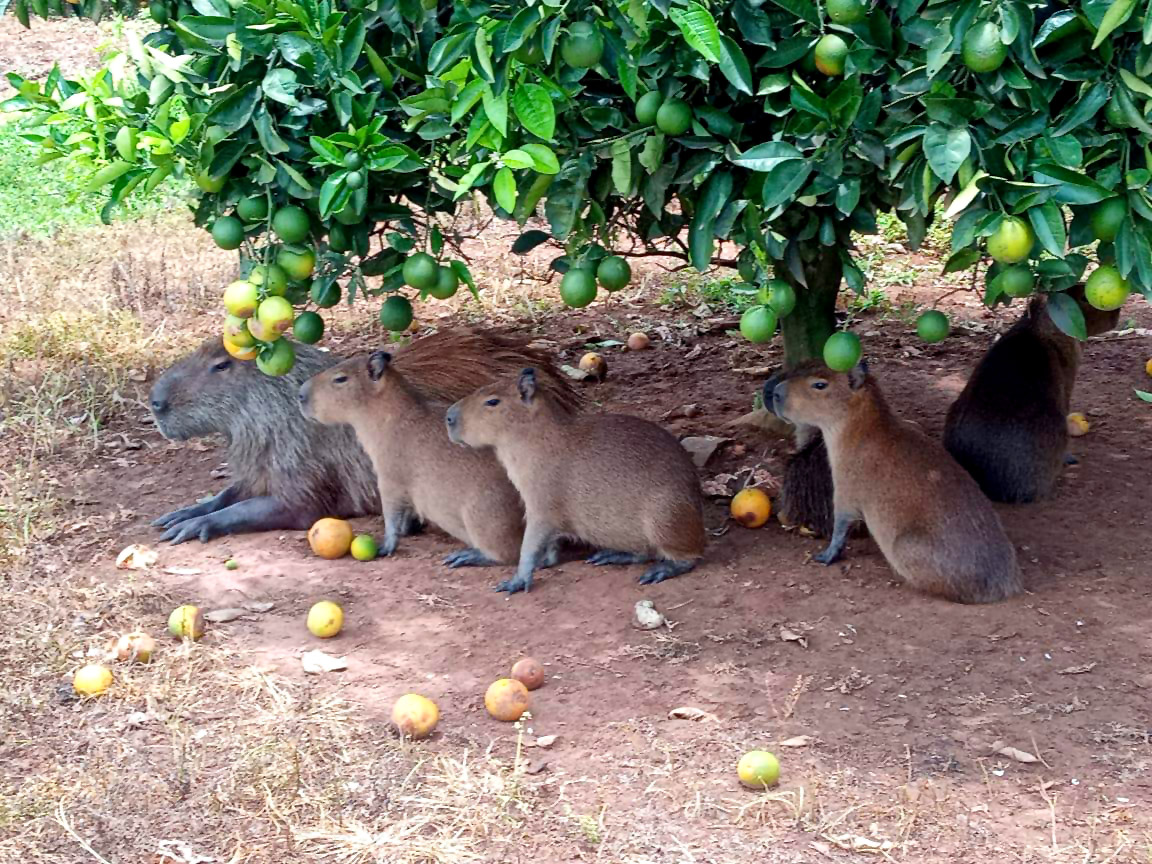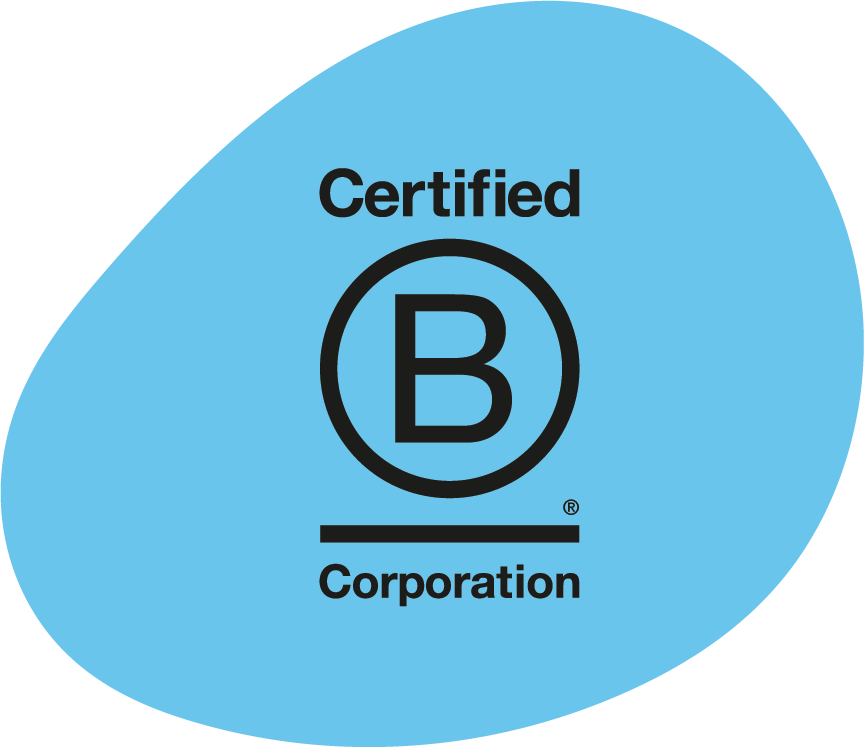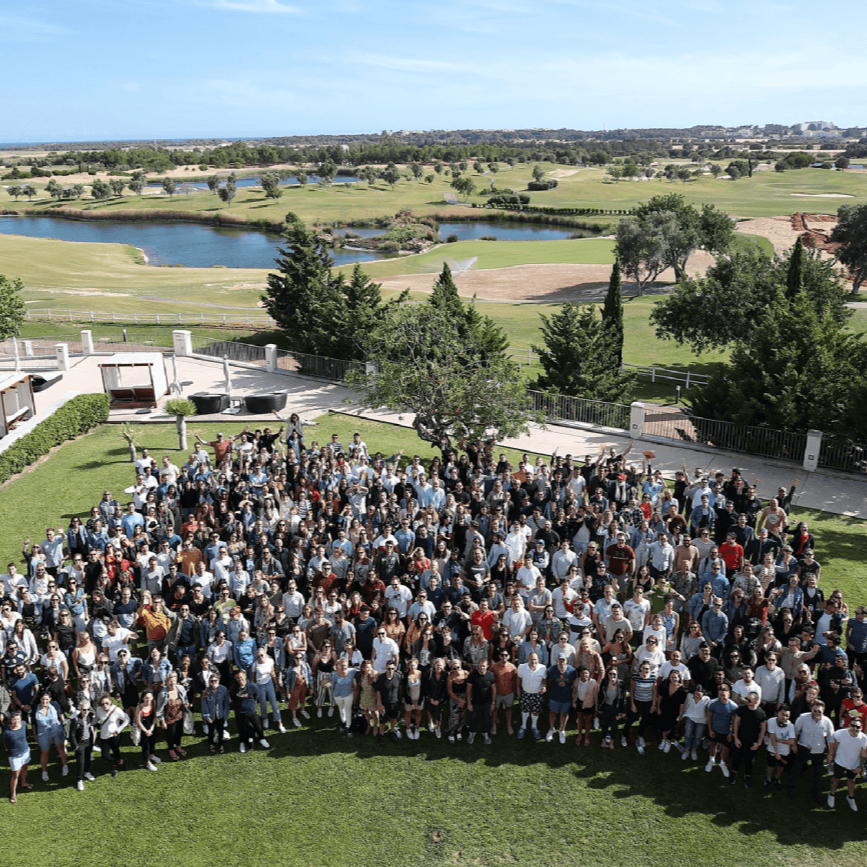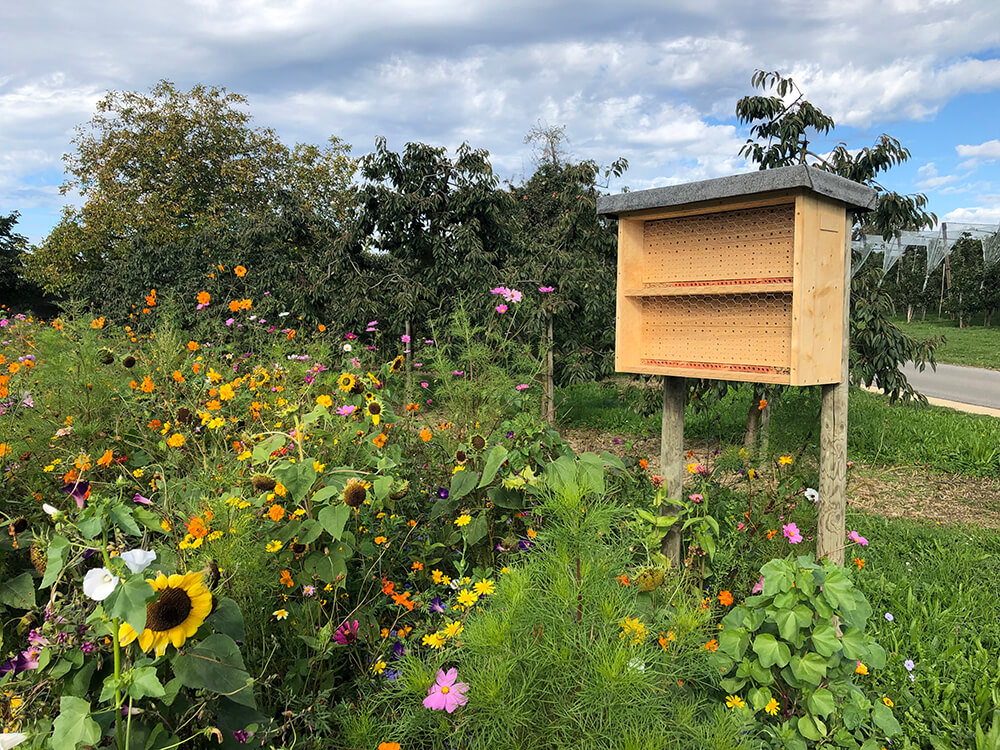© 2023 Fresh Trading Limited. All rights reserved.Innocent and the Dude logo are registered trademarks of Fresh Trading Limited.
farmer innovation fund
funding the farming of the future
At innocent, we’re big fans of fruit & veg. We’ve been blending it, juicing it and squashing it into bottles for over two decades, to help get its goodness into as many people as possible. But however great fruit & veg is, it also makes up the biggest chunk of our carbon footprint – about 57% of our total emissions, to be specific. They come from growing it, transporting it to our Blender and getting it into drinker’s hands.
We wouldn’t have any fruit & veg without the planet it grows on, so we want our carbon footprint to be as low as possible - starting with a 50% reduction of our scope 3 emissions by 2030. We’re doing all sorts of things to help us get there, including the Farmer Innovation Fund we launched back in 2021.
It’s an annual pot of money that helps our suppliers keep growing fruit & veg long into the future. The fund will support them with the move to regenerative farming practices that improve and protect soil health, water resources, biodiversity and the climate. Since the fund is one of the most important ways we can lower the carbon in our supply chain, we’ll be putting up to £1 million into it in 2024.
We’re excited to keep working alongside the farmers already involved, and even more excited to be on the lookout for more heroic growers to join the mission in the coming year.
Find out more about how our past winners are using the fund to reduce the carbon emissions from their farms.

fancy fertiliser
They switched to a fancy, specially made fertiliser that uses nano-technology to give their soil the exact nutrients it needs. That means they’re reducing waste, since they’re using the right amount of fertiliser every time.
bamboozling bamboo
They started growing bamboo in the unused parts of their farm, which improves the quality of their soil and removes more carbon in the atmosphere than your average tree (bamboo grows six times faster). Bamboozling.
pineapple pallets
To top it all off, the pallets they use to package up and ship pineapple juice are now made from the bamboo they’ve been growing themselves instead of wood. That makes the transportation of their pineapples more sustainable than ever.

